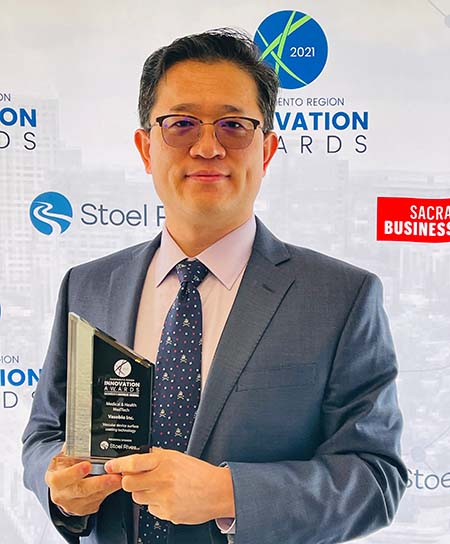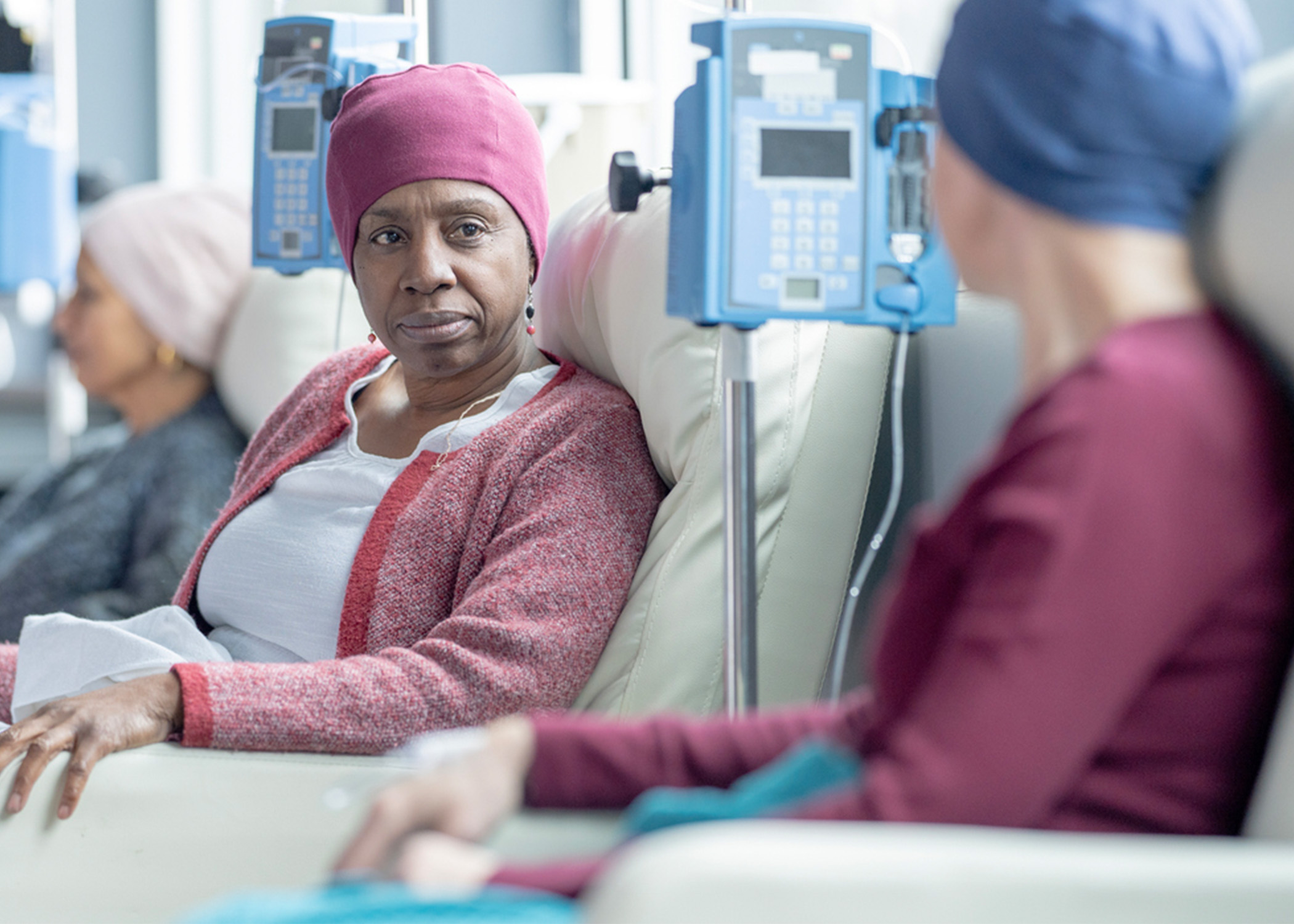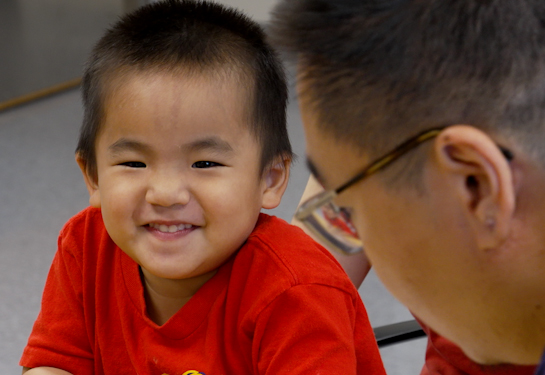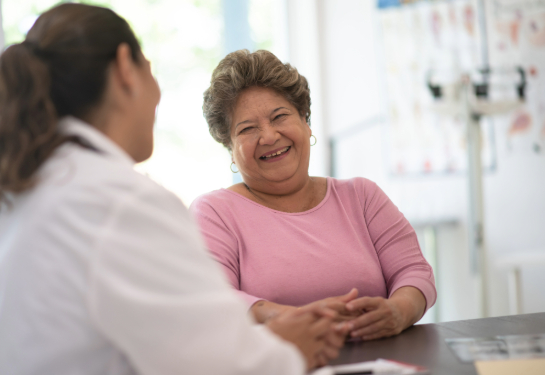Research startup recognized for innovative work to reduce kidney dialysis graft failure
UC Davis Interdisciplinary team honored with Sacramento Business Journal’s Innovation Award
VasoBio Inc., a startup created by an interdisciplinary team of UC Davis researchers, has been named the winner of the Sacramento Business Journal's Sacramento Region Innovation Award. The group’s groundbreaking work is aimed at reducing the graft failure rate in kidney dialysis.

The Innovation Awards recognize the area's vibrant innovation community—from emerging to established companies—and their breakthrough creations.
“Being recognized by the Sacramento Business Journal means a lot to our team and encourages us to continue our efforts towards commercialization,” said Aijun Wang, vice chair for translational research, innovation and entrepreneurship at UC Davis Health. “This honor further solidifies our forward-thinking efforts to improve treatment for the hundreds of thousands of people in the United States who receive kidney dialysis.”
VasoBio Inc. is developing a new technology that could be a breakthrough for nearly half a million patients in the U.S. who need dialysis. Standard vascular access grafts for dialysis often fail due to clotting, vein collapse, or infection. VasoBio Inc. identified a molecule and developed a new technology to coat the graft and maintain vein health. The team’s innovation creates a “self-renewable” coating that functions like living tissue.
The UC Davis interdisciplinary team at VasoBio Inc. formed several years ago and includes Wang, Kit S. Lam, professor and the chair of the department of biochemistry and molecular medicine, and Alyssa Panitch, a professor in the department of biomedical engineering.
UC Davis offers innovative faculty members such a collaborative and encouraging environment. Their support helps us translate the technology to help patients more directly and improve their care.”—Aijun Wang
The team of researchers received support from Venture Catalyst, which provides campus innovators and UC Davis-associated startups with industry mentoring, business model and investor pitch coaching and assistance in preparing to engage with investors.
“UC Davis offers innovative faculty members such a collaborative and encouraging environment,” said Wang. “Their support helps us translate the technology to help patients more directly and improve their care.”
Currently the company is focused on improving arteriovenous grafts for dialysis patients, but the team hopes the technology may have other applications. Those could include medical devices and implants, and may help to minimize blood clot formation and infection to help a wider patient population.



